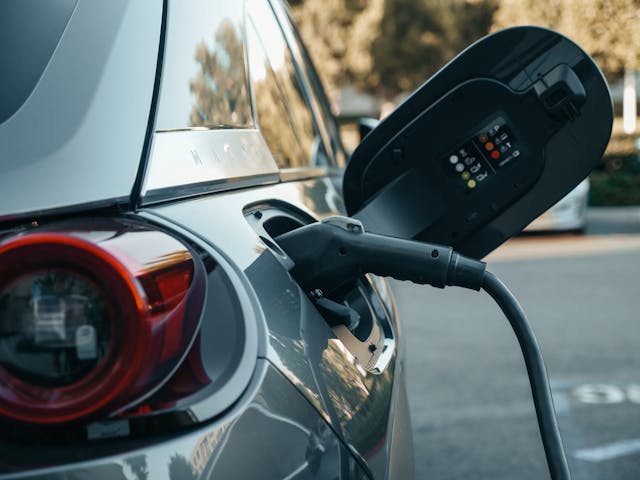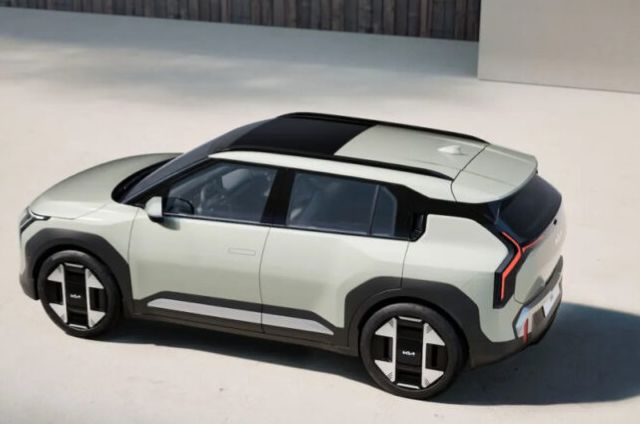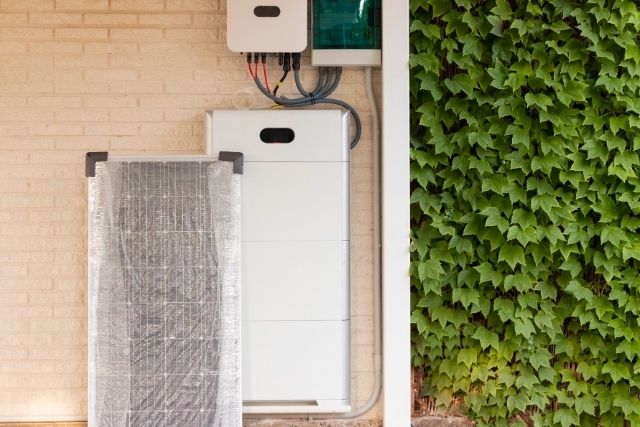The high cost of EV battery replacements has been a significant concern for potential buyers, but new analysis suggests that may soon change. According to battery analysis firm Recurrent, the rapidly declining cost of EV batteries could make replacing a battery pack cheaper than repairing a gasoline engine by the end of the decade.
Declining Costs of EV Battery Replacement
Battery replacement costs are already trending downward. In 2020, replacing a battery pack for a $15,000 used EV cost nearly as much as the car itself—about 100% of its value. Today, that figure has dropped to 75%, and by 2030, Recurrent estimates it will fall further to just 30% of the car’s value.
This shift is driven by significant reductions in battery production costs. Goldman Sachs predicts average battery prices will drop to $80 per kWh by 2026, almost 50% lower than 2023 levels. The U.S. Department of Energy reports an even broader trend, noting a 90% decline in EV battery costs since 2008, aside from a brief spike in 2022 due to raw material price increases.
The Rise of a Used Battery Market
A robust market for second-hand EV batteries could further reduce replacement costs. Recurrent predicts that as second-life applications like stationary energy storage become more common, owners could sell their used battery packs. This could offset the cost of new packs by an estimated $10–$20 per kWh, making replacements even more affordable.
This emerging market could not only help bring down replacement costs but also keep more used EVs on the road. With lower costs, vehicles that might otherwise be totaled due to battery damage could instead be repaired, extending their lifespan and improving affordability for buyers.
Implications for the EV Market
Lower battery costs could address a key barrier to EV adoption: concerns over long-term affordability. More affordable battery replacements would make used EVs more attractive, reduce insurance premiums, and prevent relatively new vehicles from being scrapped prematurely due to high repair costs.
By 2030, the trend could result in significant benefits for EV owners and the environment alike, keeping vehicles in circulation longer and reducing waste.
A Bright Future for EV Affordability
With battery prices falling and a growing market for second-life applications, the cost of EV battery replacements may no longer be a major concern. By the end of the decade, replacing an EV battery could be cheaper than repairing a gasoline engine, offering yet another incentive to switch to electric.



